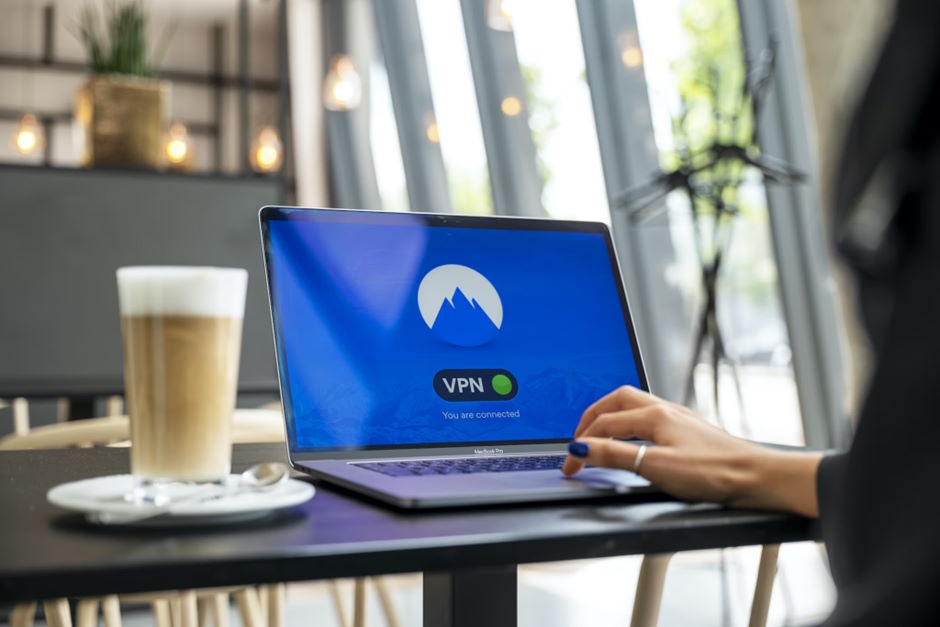It’s 2024, so you probably know by now that everything you do on the internet is being tracked. Known as a ‘digital footprint’, every website you click on and every word you type leaves a digital trail of information that is then collected and processed to create a profile.
This could be used by companies wanting to know your buying habits and how to market to you. Or it could be used by data brokers, who have created a nearly $270 billion industry on collecting personal data and then selling it to the highest bidder. While there is a definitive way to remove your personal information from Google and opt out of data brokers, some people are happy to use VPNs, which seemingly hide your identity while browsing online. But do they really do this, or is it all a false promise?
How are VPNs Being Utilised?
Instead of browsing through an internet service provider – or ISP – a VPN works by routing an internet connection through a separate, private service. By using the VPN, you are creating an encrypted tunnel that can supposedly hide your personal information, your location, and what websites you click on – all of which will be traffic that is sent through the VPN’s secure connection, rather than your own computer or mobile device. Sounds good, right? Only there are a few notable flaws.
The Downside of VPNs
If you are using a VPN, it’s important to realise that they aren’t a magical solution that solves all your problems. In fact, most VPNs have integral limitations that damage the anonymity you are trying to harness. First of all, your browsing behaviour is still being monitored. If you are browsing with Google or logged onto Instagram, a VPN is not going to stop these companies from tracking, collecting, and utilising the data you are leaving.
Web trackers and cookies can also store details about you, including your name, your address, and your current location, using that information to ultimately identify who you are despite the VPN routing your connection through a private network. As well as this, VPNs cannot prevent you from being targeted by phishing scams, viruses, and malware – cases of which increased by around 140% in the latter stages of 2023. Due to out-of-date protocols, not every VPN is even privately secure, with multiple cases of leaked IPs and maintained digital footprints over the last few years.
What Can You Do in 2024?
We’re not saying that VPNs are completely useless. If you use a professional VPN, you are doing a lot more to protect your privacy than browsing the internet without one. We’re just saying that a VPN is not the magical digital footprint remover that people think it is. As mentioned previously, there are several other tools and techniques that you should implement.
Data brokers can leave you vulnerable to cybercriminals, and with ransomware now publicising stolen data, the first thing you need to do is opt out of data brokers in the first place. This is a good way to stop data collection at the source and ensure that the problem isn’t continuous – a VPN may help to protect your identity, but data brokers are still trying and succeeding to collect your information while using one.
As well as this, you can easily adjust your privacy settings and switch off permissions for all of your apps, and make sure to deactivate any social media accounts that are not in use – huge amounts of information can be gleaned from accounts that are not even active anymore. The problem of digital footprints is multifaceted – much more than people realise – so the solution has to be multifaceted too. Don’t rely on one tool to protect you. Take a good look into everything and make your shield as broker-proof as possible.








